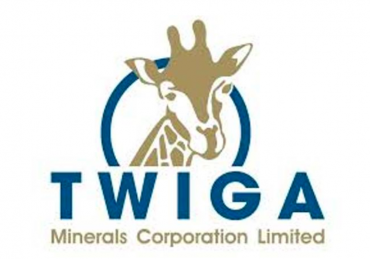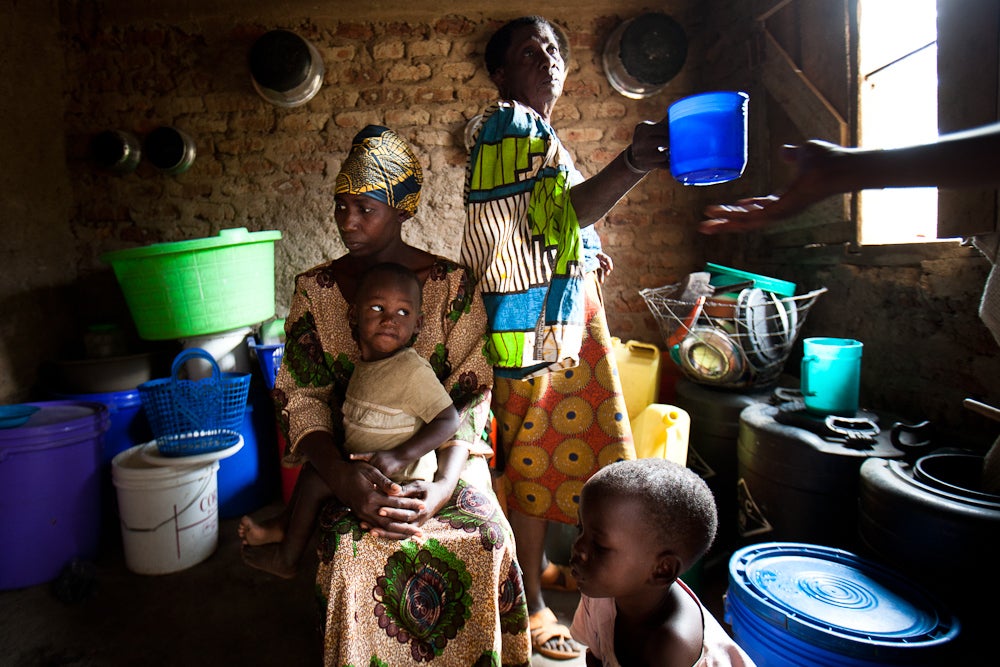Mark Bristow, CEO of the world’s largest gold miner, Canadian company Barrick Gold, has finally secured one of the mines he has long coveted. Bristow has been lauded for orchestrating Barrick’s takeover last month of London-listed Acacia Mining plc, which ensures direct control over Acacia’s prized North Mara gold mine. Yet Bristow’s challenges in Tanzania are only just beginning. How he will resolve the toxic combination of serious human rights abuses and deep discord with North Mara’s local communities will be the real test of his leadership.
Barrick took Acacia, known as African Barrick Gold until 2014, public in 2010, but held onto a majority shareholding. This year Barrick re-acquired 100% of the shares at a significant discount due in part to Acacia’s mismanagement of its relationships with local communities and the Tanzanian government.
In March 2017, the company was hit with a debilitating export ban by Tanzanian authorities for alleged tax evasion. The ban was followed by two sets of corruption charges, denied by those charged. One set of charges alleges that employees of Acacia’s North Mara subsidiary paid off local authorities to undervalue land the company sought to acquire, remove and “deal with errant villagers”, and avoid the costly rebuilding of a local school. That same subsidiary was also subject to administrative fines, one for US$2.4 million, for environmental damage around the mine.
These issues were noted in Barrick’s takeover proposal. Missing from that proposal, and much of the coverage of Barrick’s acquisition, is reference to the serious human rights violations on and around the North Mara mine site over many years, many of which RAID has documented. The violations involve dozens of killings and beatings of local residents by state police operating in coordination with company security. The close working relationship between mine security and the Tanzania police is set out under a written agreement.
Rather than taking effective steps to halt the violence or remedy the harms, Acacia largely disclaimed responsibility while seeking to sweep the violations under the carpet through a private grievance mechanism that extends company authority over those harmed by Acacia’s operations and control over information.
When asked about human rights violations at North Mara prior to Barrick’s acquisition, Bristow attributed the “historical problems” at the mine to the failure to “embrace…the communities”. Since becoming CEO of Barrick in January 2019, Bristow has focused on resolving issues that have hit the company’s share price. In that, he has made progress. Last month, Barrick confirmed agreement to pay the Tanzanian government US$300 to settle outstanding tax and other disputes and lift the export ban. Bristow’s team also negotiated a new ownership arrangement allocating a 16% stake to the Tanzanian government in each of the company’s three Tanzanian mines, which will be operated through a new local subsidiary, Twiga Minerals, and sharing proceeds on a 50/50 basis.

Surely now it is time for Bristow to tackle the human rights concerns. Bristow has committed to developing Barrick’s Tanzanian gold assets “for the benefit of all stakeholders.” The abuses represent a significant potential liability, and, with the absence of remedies, are an obstacle to the “social license to operate”, which Barrick has acknowledged it needs to “restore”. More importantly, Barrick has international responsibilities to respect human rights and remedy abuses.
Barrick is heralding “a new era of productive partnership” with Tanzania and its people. This fresh start at North Mara will require repairing relations with local communities and stopping any further human rights abuses.
Two essential first steps are needed. First, Barrick should suspend the deeply problematic grievance mechanism at the North Mara mine pending an independent review. While waiting for the review to be completed, the company should provide humanitarian assistance to those harmed by its activities. Secondly, Barrick should urgently reconsider the mine’s employment of the Tanzanian police to provide security.
In February 2019 Bristow committed to meeting the human rights challenge, saying that the relationship with communities at North Mara will “definitely change” under his leadership. Now that Barrick is rebuilding operations at North Mara, Bristow has the opportunity to do just that. He needs to show that new management at North Mara represents a change in more than just name.
Also see: Acacia Faces New Human Rights Problems in Tanzania.

